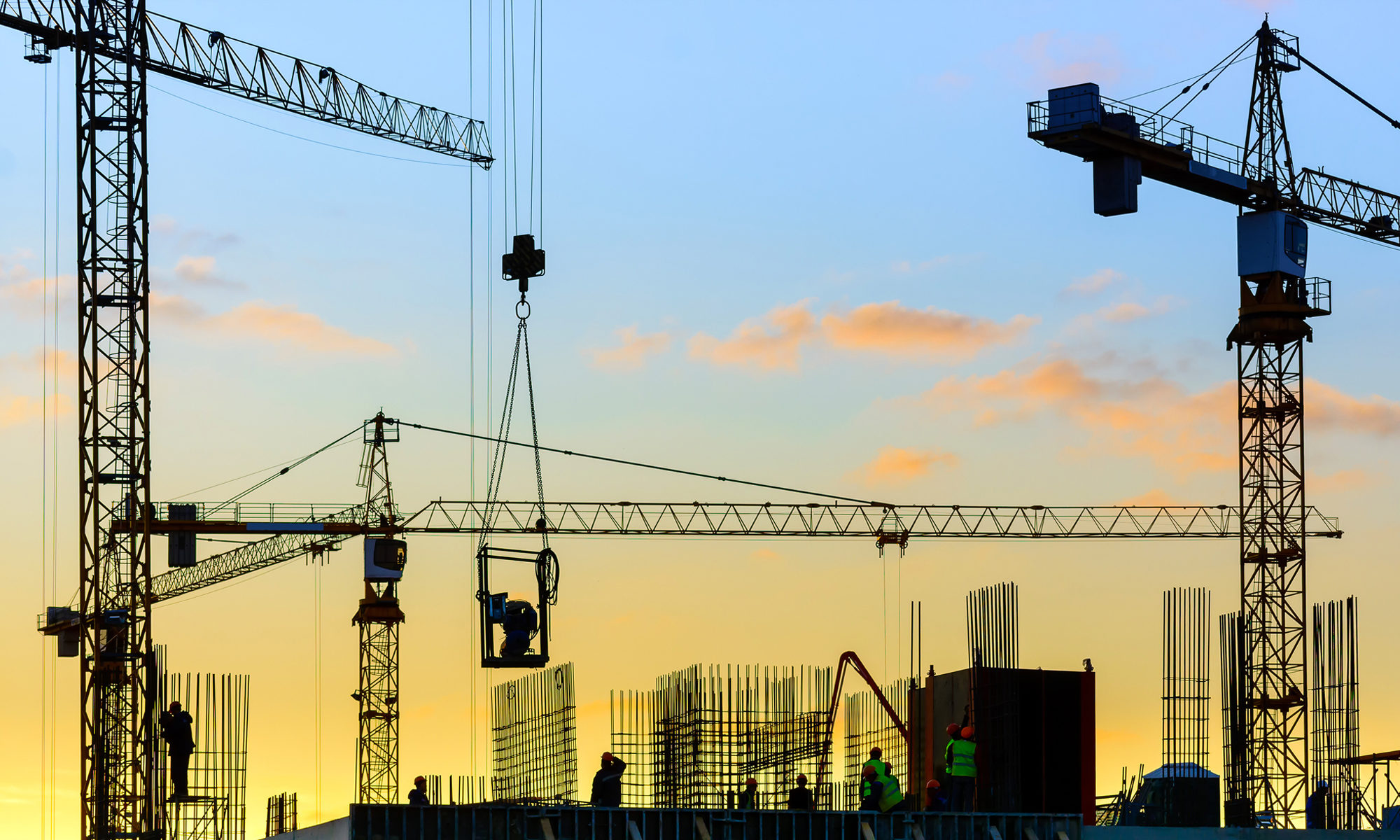Last week, in Rodriguez v. Riverside Center Site 5 Owner LLC, a New York appellate court unanimously held that a plaintiff who sustained injuries after falling from a cement truck while cleaning its chute was engaged in a protected activity under New York’s Labor Law.
The case arose from an incident at a Manhattan construction site, where the plaintiff was responsible for delivering and pumping cement. After completing the delivery, workers on site directed him to move his truck approximately ten feet forward to a designated “wash box” area for cleaning the truck’s chute. The plaintiff climbed onto the truck’s elevated platform, which was equipped with a railing, to wash the chute. While descending and holding onto the railing, it gave way, causing him to fall approximately ten feet to the ground.
The appellate court concurred with the trial court’s finding that the plaintiff’s activity of cleaning the cement truck was “necessary and incidental” to the overall construction work at the site, thereby qualifying as protected work under Labor Law § 240(1). The court emphasized that tasks integral to construction work, even if ancillary, fall within the statute’s protective scope, cautioning against assessing the moment of injury in isolation from the general context of the work.
This decision underscores New York courts’ commitment to an expansive application of the Labor Law, ensuring protection for workers performing tasks integral to construction activities, even when such tasks may appear secondary. The ruling reinforces the broad interpretation of Labor Law § 240, commonly known as the “Scaffold Law,” affirming protections for workers across construction projects in New York State.
Jose A. Aquino (@JoseAquinoEsq on X) is a special counsel in the New York office of Duane Morris LLP, where he is a member of the Construction Group and of the Cuba Business Group. Mr. Aquino focuses his practice on construction law, lien law and government procurement law. This blog is prepared and published for informational purposes only and should not be construed as legal advice. The views expressed in this blog are those of the author and do not necessarily reflect the views of the author’s law firm or its individual attorneys.

